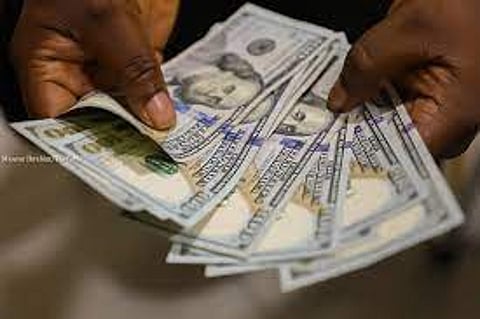

As of December 28, 2023, figures from the Central Bank of Nigeria revealed that Nigeria's external reserves, also known as foreign reserves, were at $32,892,386,111. The liquid portion amounted to $32,164,718,095, while $727,668,016 was unavailable for use (blocked).
At the beginning of the last month of 2023, the external reserves were close to $33 billion ($32,969,611,433), with $32,212,850,183 available for use and $756,761,250 blocked. The nation's foreign reserves stood at $33,004,054,737 as of November 30, 2023.
Foreign exchange reserves, including cash and other assets like gold, held by a central bank or monetary authority, play a crucial role in balancing a country's payments, influencing its currency's foreign exchange rate, and maintaining confidence in financial markets.
Despite the efforts of the country's monetary policy managers, there has been a persistent inability to grow and sustain foreign reserves over time. Nigeria's foreign reserves, which had reached about $47.37 billion as of April 5, 2018, have witnessed a continuous decline in the past five years.
Former CBN Governor Godwin Emefiele had set an ambitious target of reaching $50 billion by the end of 2018, a goal that has yet to materialize.
Fitch Ratings said, ‘’Nigeria’s weaker net international reserve position, emphasizes the sovereign’s external vulnerabilities. Exchange-rate liberalization and improvements in the overall monetary policy framework could strengthen the sovereign’s credit profile by easing foreign-currency supply constraints, but a recent loss of reform momentum and the constrained reserve position highlight the significant challenges such policy adjustments face.
‘’When we affirmed Nigeria’s rating at ‘B-’ with a Stable Outlook in May, we stated that external finances were a key rating sensitivity. We estimated that around 30% of Nigeria’s gross reserves (which were USD37 billion at end-2022) comprised swaps with domestic banks, although we considered that some other reserves could well be encumbered.’’
